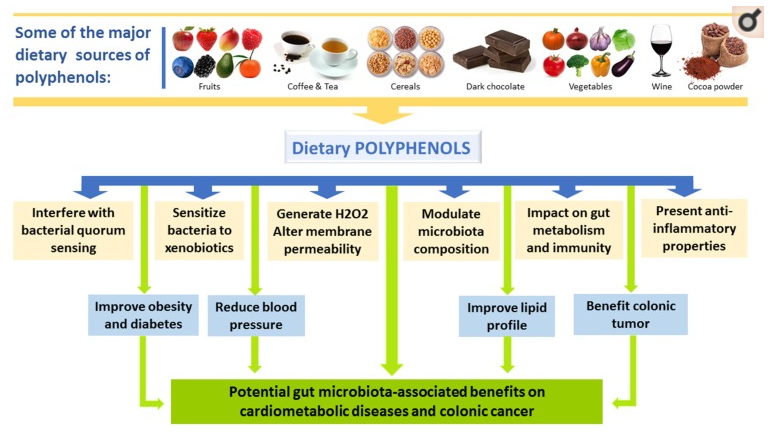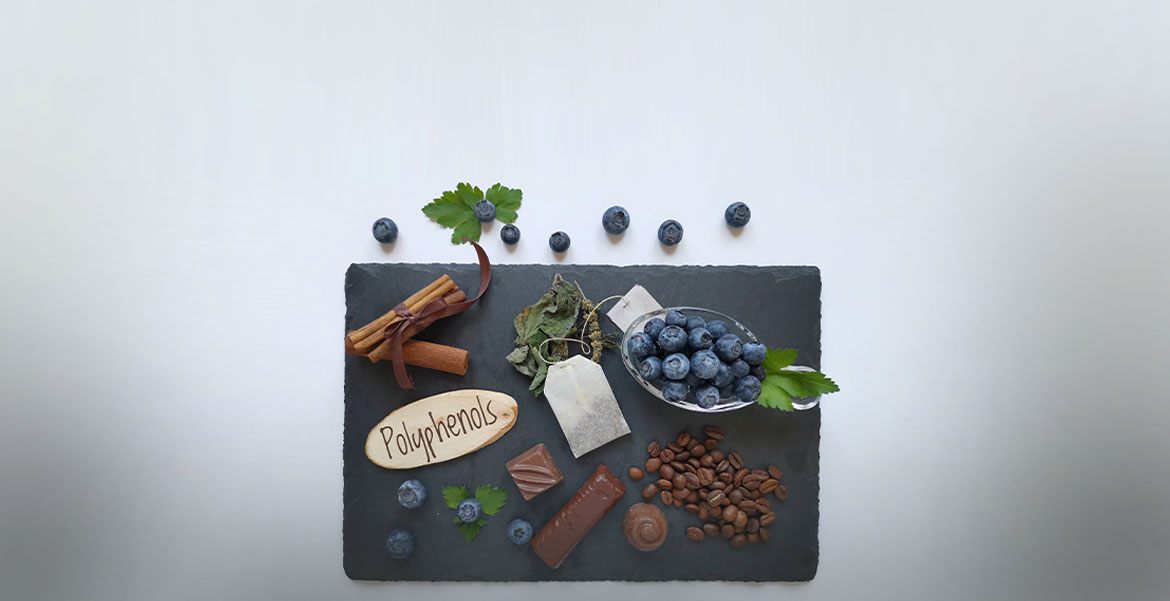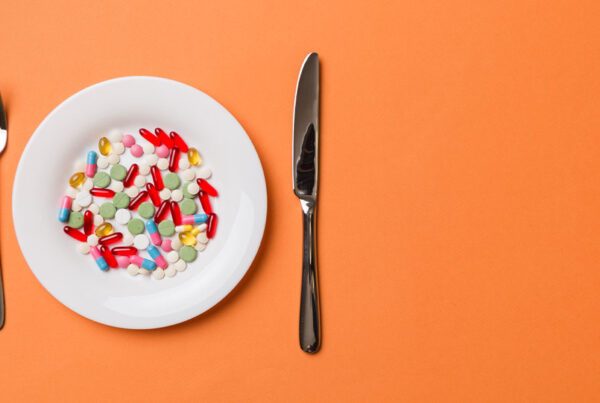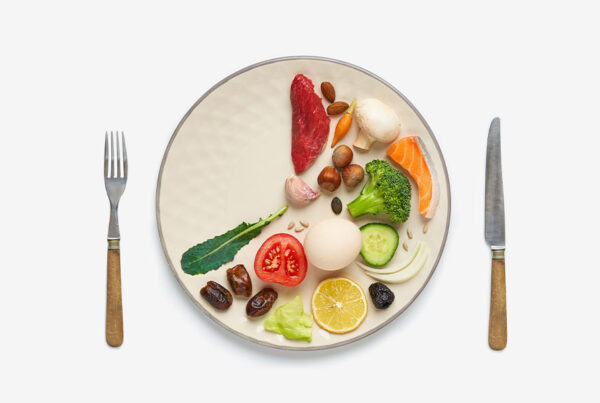Polyphenols and Gut Health
Polyphenols are phytonutrients found in plant based foods such as vegetables, fruits, herbs, spices and nuts, which have shown many positive impacts on our health such as, protecting us against heart disease, type 2 diabetes and even certain cancers. They have anti-inflammatory and antioxidant properties. Along with this, the plus point is that they taste great!
Polyphenols can be further categorized into the following groups:
● Flavonoids
● Phenolic acids
● Stilbenes
● Lignans
The best known sources of polyphenols are: berries, red wine, dark chocolate, pomegranate, black and green tea, cocoa powder etc.
How do polyphenols help our gut?

● They help our body use short chain fatty acid (SCFA)
A healthy gut lining is crucial for good health because it serves as the gatekeeper for what gets through your digestive tract and into the rest of your body. It helps in making sure that bad stuff makes its way to the nearest exit and that the healthy nutrients pass through. An unhealthy gut lining allows bacteria, toxins and partially digested food to make its way out of your gut and into your body to wreak havoc, causing “leaky gut” which leads to imbalanced levels of inflammation in the gut, a disruption of normal microbiota balance and can contribute to food sensitivities.
Certain polyphenols could have a positive effect on Akkermansia muciniphila. For example, polyphenols from grapes can increase the abundance of this bacterial species which increase the function of the intestinal barrier. This beneficial microbe accounts for up to 4% of your intestinal bacteria and is associated with lean body mass and the prevention of obesity.
Polyphenol compounds serve a major role in microbial health by assisting the microbiome’s use of SCFAs. When polyphenols aren’t present in the gut environment, more SCFAs are eliminated in the stool so they aren’t available to provide the benefits they otherwise could for a healthy gut.
According to pubs.rsc.org, the main site of metabolization of the complex polyphenols to smaller phenolic compounds is the gut through the action of microorganisms, and reciprocally polyphenols and their metabolites can also modulate the microbial populations.
● They help in promoting the health of healthy bacteria such as Bifidobacterium, Lactobacillus and Akkermansia. Different types of polyphenols can either inhibit the growth of, or reduce the population of, many different problematic species in the gut, including multiple foodborne organisms and phyla associated with poor health outcomes.
● Berries have also been demonstrated to alleviate symptoms of gut inflammation through the modulation of pro-inflammatory cytokines and have chemo preventive effects towards colon cancer through the regulation of apoptosis, cell proliferation and angiogenesis.
References:
https://www.ncbi.nlm.nih.gov/pmc/articles/PMC6770155/
Tags: Polyphenols, phytonutrients, anti-inflammatory, antioxidant properties, Flavonoids, phenolic acids, stilbenes, lignans, berries, red wine, dark chocolate, pomegranate, black and green tea, cocoa powder, They help our body use short chain fatty acid (SCFA), gut health, leaky gut, polyphenols, Akkermansia muciniphila, Bifidobacterium, lactobacillus, gut inflammation, pro-inflammatory cytokines, apoptosis, cell proliferation, angiogenesis, immunity, gut, cancer









